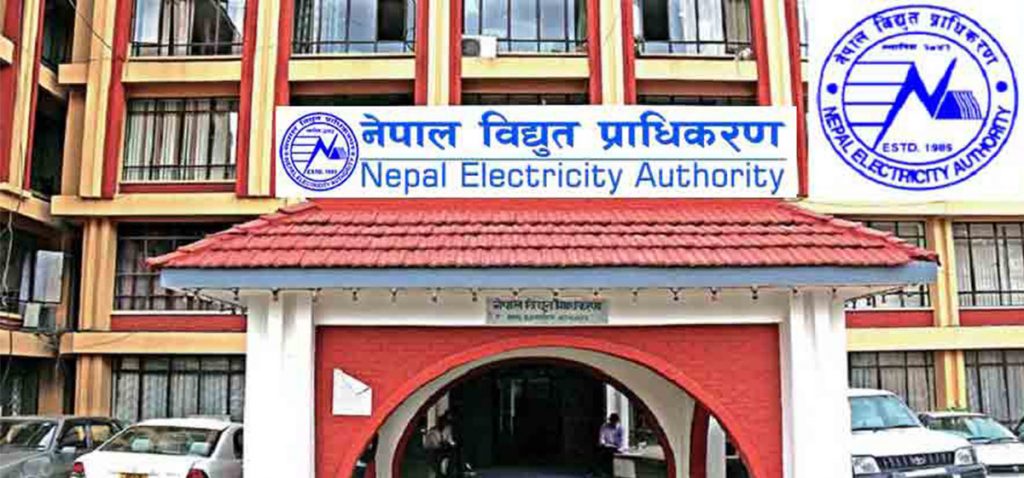KATHMANDU: Kulman Ghising, the Executive Director of the Nepal Electricity Authority (NEA), has written to the Securities Board of Nepal (SEBON) requesting a halt to share issuance approvals for 34 industries that consumed electricity through dedicated feeders and trunk lines but failed to pay their dues during the load-shedding era. Ghising stated in the letter, sent on Wednesday, that the move is necessary to protect public investors from potential risks associated with these defaulters.
In his communication, Ghising highlighted the repeated opportunities provided to these companies to clear their dues, which have yet to be settled. He attached details of the outstanding amounts owed by these companies and institutions. The letter reads:
“Despite multiple deadlines provided by the NEA, companies consuming electricity via dedicated feeders and trunk lines have failed to pay their outstanding dues. If SEBON proceeds with the approval process for these companies to issue shares to the public, it could put investors at risk. As per Section 32(a) of the Electricity Authority Act, 2041, entities that have not accounted for liabilities such as dues owed to the government should not be allowed to issue shares. We request your cooperation in blocking share issuance for such companies to safeguard public investments and support NEA’s recovery of outstanding dues.”
This action follows the Cabinet’s decision on Kartik 25 (November 10) and subsequent directives issued by the Electricity Regulatory Commission on Mangsir 11 (November 26). The Commission instructed the NEA to explore legal avenues, excluding electricity disconnection, to recover the dues from defaulters.
The letter underscores that allowing such companies to proceed with public share issuance without addressing their liabilities undermines the principle of financial accountability. Ghising’s approach seeks not only to recover the NEA’s funds but also to ensure transparency and protect the public from potential financial risks.

